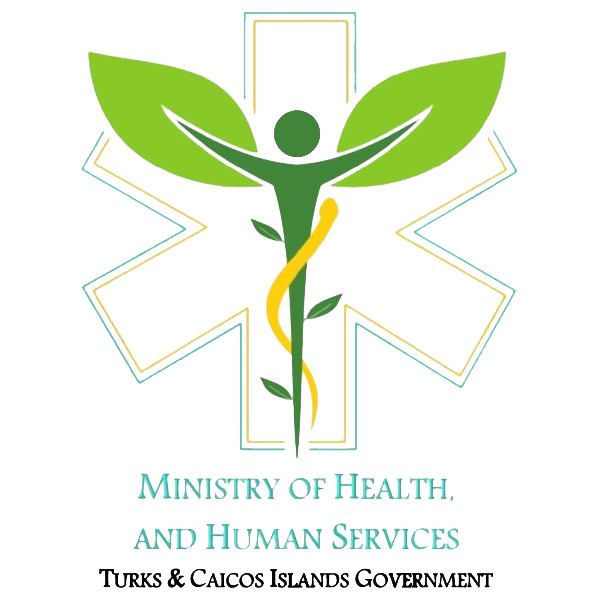A new SARS-like virus is being spread In China. It is a new form of the Coronavirus. Officials in China say that this new strain of the virus has been traced to a seafood Market.
The coronavirus that causes SARS was traced to a wild animal named Civet Cat, a small, mongoose-like creature, which has since been banned for sale for human consumption in China. The outbreak, which began in December 2019, in a seafood and poultry market in Wuhan, a city of 11 million, is spreading. Patients have been identified in Beijing, Shanghai and Shenzhen, as well as Taiwan, Japan, Thailand and South Korea.
Coronaviruses are a large group of viruses that are common among animals. In rare cases, according to the US Center for Disease Control and Prevention, they are what scientists call zoonotic, meaning they can be transmitted from animals to humans.
The viruses can make people sick, usually with a mild to moderate upper respiratory tract illness, similar to a common cold. Coronavirus symptoms include a runny nose, cough, sore throat, possibly a headache and maybe a fever, which can last for a couple of days.
For those with a weakened immune system, the elderly and the very young, there's a chance the virus could cause a lower, and much more serious, respiratory tract illness like pneumonia or bronchitis.
At least one person in Washington State is infected with the Wuhan coronavirus. This is the first confirmed case in the United States of the mysterious respiratory infection, that has already killed at least six people and sickened hundreds more in Asia. This patient, who was hospitalized with pneumonia last week, had recently traveled to Wuhan, China, where the outbreak appears to have originated, federal officials have found.
Investigators had tested samples from the patient for the presence of the virus and positive results were received. News of the first case in the United States comes amid growing evidence that the virus spreads from person to person, although it is not clear how easily.
In 2004, launching a response to the first new SARS case in months, Chinese officials had slaughtered thousands of civet cats. Considered a culinary treat in southern China, the animals were believed to carry the virus that causes SARS.
In 2006, a joint China-Hong Kong research team said it had found a genetic link between SARS in civet cats and humans, bearing out claims that the disease had jumped across species. Hong Kong scientists had previously said the SARS virus jumped from civet cat to humans and quickly developed the ability to pass from person to person.
“Our research has shown that the SARS coronavirus found in human victims is the same as the SARS coronavirus found in civet cats,” as quoted from Wang Ming, an official from the Guangzhou Centre for Disease Control and Prevention.
Experts from the World Health Organization also found evidence of the virus in cages in a restaurant where a patient served up civet dishes. That evidence was enough for Guangdong authorities to destroy those thousands of civet cats in January 2004, and permanently ban their sale and consumption. But the raccoon-like animals, unrelated to cats, are still being sold in markets around the provincial capital, Guangzhou.
The World Health Organization is expected to meet today, January 22, 2020, to decide whether to declare the outbreak an international public health emergency.
The Ministry of Health must caution anyone traveling to China to avoid visiting live animal markets and to keep a distance from all live animals, including domesticated farm animals. Travelers to China should practice lots of good hand hygiene, and do your best to avoid anyone who is coughing or sneezing.
As the Minister of Health, I am recommending that any patients coming in to the hospital, emergency room or private clinics with a fever or respiratory symptoms be asked whether they have been to China recently or have had contact with anyone who has recently traveled to China.
We must be ready and made aware of the spread of the virus, and to mitigate against any potential effect it can have on our Islands.

